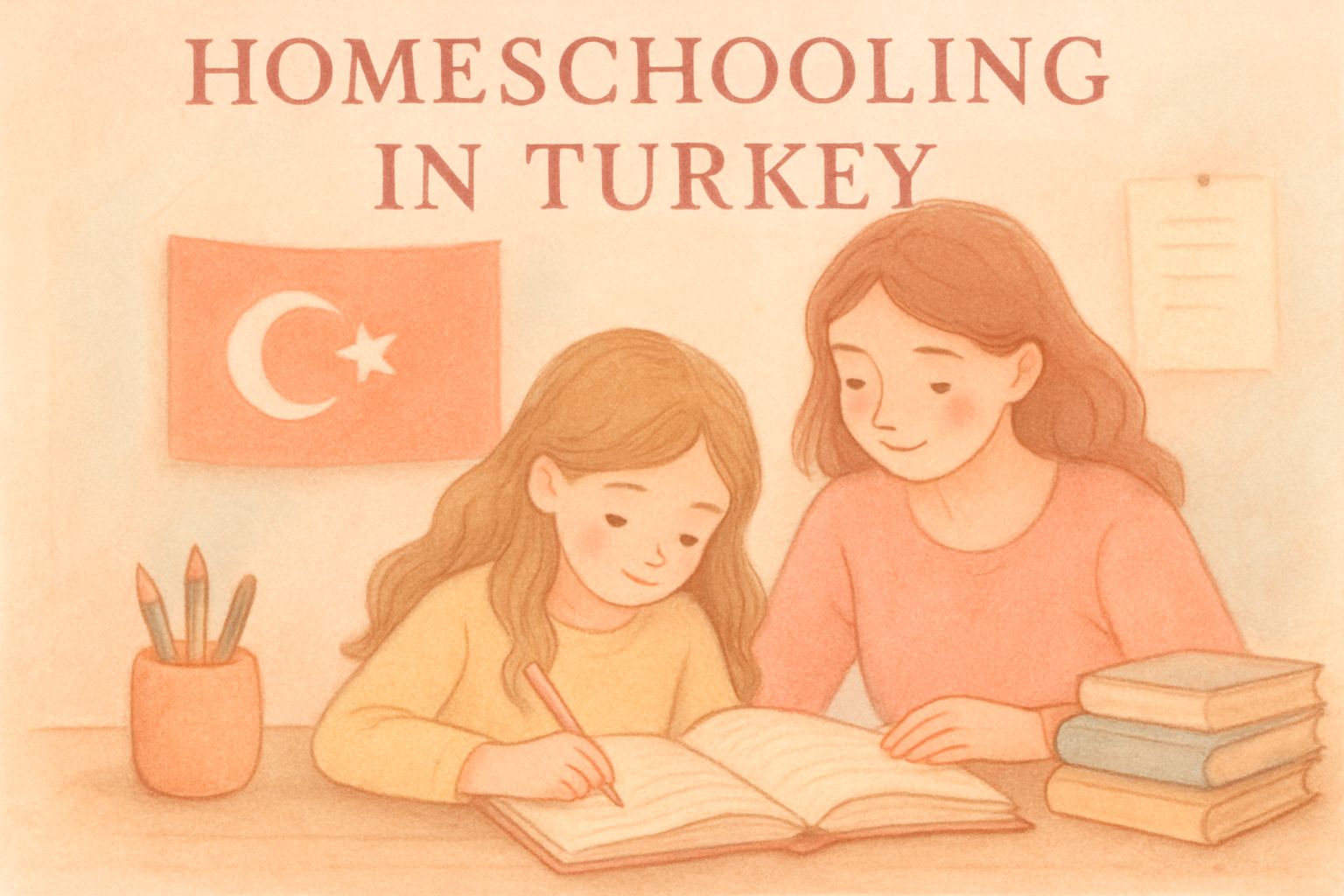Homeschooling in Turkey: Regulations and Resources

Relocating to a new country brings excitement and opportunities, yet it also poses many challenges for families. Among the most pressing is ensuring children receive a quality education tailored to their needs and circumstances. Many expat parents, particularly in Turkey, increasingly turn to homeschooling as a flexible and personalized solution. Understanding the local regulations and available resources is crucial for parents who want to make informed choices and provide the best learning environment for their children.
Understanding Homeschooling Regulations in Turkey
Turkey’s education system emphasizes formal schooling for children aged 6 to 18, mandating enrollment in recognized institutions. However, homeschooling exists in a legal gray area. The Ministry of National Education does not explicitly recognize homeschooling for Turkish nationals. For expat families, the situation depends on residency status, citizenship, and the expectations of their home countries.
Some international families may opt to enroll their children in accredited online schools from abroad, which helps to fulfill both Turkish educational requirements and those of their homeland. It’s important to consult both local authorities and your own embassy to clarify any legal implications. Doing so ensures that you avoid possible complications, especially regarding long-term residency or university admission later on.
- Check with your home country’s embassy or consulate for clarification
- Retain records of all educational activities and assessments
- Consider registration with international online programs for third-party accreditation
Many expat parents also connect with local private schools to organize part-time enrollment or extracurricular participation, which enables children to integrate socially without fully enrolling in the Turkish system.
Popular Homeschooling Approaches Among Expats
Families who choose homeschooling in Turkey often draw from varied educational philosophies. These approaches depend on each child’s age, interests, and learning style. The following models are commonly used:
- Online international schooling — Structured programs with accreditation
- Unschooling — Child-led, focusing on interests and real-world learning
- Classical education — Emphasizing literature, languages, and critical thinking
- Project-based learning — Hands-on projects in science, art, or history
- Blended learning — Combining home studies with local workshops or classes
For example, a family living in Istanbul might register their children in a US-based online academy. The children follow a set curriculum, submit assignments digitally, and take proctored exams online. Simultaneously, the family arranges Turkish language courses a few afternoons each week, helping their children integrate while maintaining an international standard of education.
Resources and Support Systems
Expat life can make parents feel isolated, but Turkey’s major cities offer vibrant communities and ample resources to support homeschooling. Technology also bridges many gaps by providing access to coursework and global networks.
- Global online platforms such as Khan Academy and Time4Learning
- Local expat Facebook groups for sharing curriculum ideas and arranging meet-ups
- International libraries and cultural centers in Istanbul, Ankara, and Izmir
- Language tutors for Turkish and foreign languages
- Sport, music, and art classes for non-academic enrichment
Many families organize regular co-op events, where groups of children meet for science experiments, book clubs, or field trips to local museums. These opportunities encourage socialization, cultural exchange, and the building of friendships. Some universities, such as Istanbul University, even open their facilities to youth programs or workshops, expanding horizons beyond the home environment.
Meeting Social and Cultural Expectations
A top priority for expat parents is nurturing not just academic skills, but also a sense of community and cultural understanding. Homeschooling in Turkey gives families the flexibility to design learning experiences that integrate local culture while celebrating their own heritage.
- Frequent visits to historical sites, festivals, and city tours boost local awareness
- Encourage involvement in volunteering or language exchanges
- Participate in Turkish cooking classes or art workshops
- Celebrate both Turkish and home country holidays
For instance, one expat family in Izmir spends Wednesday mornings at the local bazaar, learning about Turkish commerce, practicing mathematics, and sampling regional foods. These experiences enrich their children’s language skills and help them feel connected to their new community.
Advantages of Homeschooling for Expat Families
While homeschooling in Turkey requires dedication and resourcefulness, it brings valuable benefits for expat families seeking flexibility and individualized education:
- Custom tailored learning pace and curriculum
- Direct support for bilingual or multicultural needs
- Freedom to travel during off-peak periods
- Harmonization of academic standards between home and host country
- Opportunity for closer family bonding and unique life experiences
Children benefit from an education program suited to their strengths and challenges. Homeschooling also makes it easier to accommodate family transitions, such as temporary work assignments or return migration. By working closely with local and international resources, expat families can turn Turkey’s rich educational landscape into an advantage for their children’s development.
